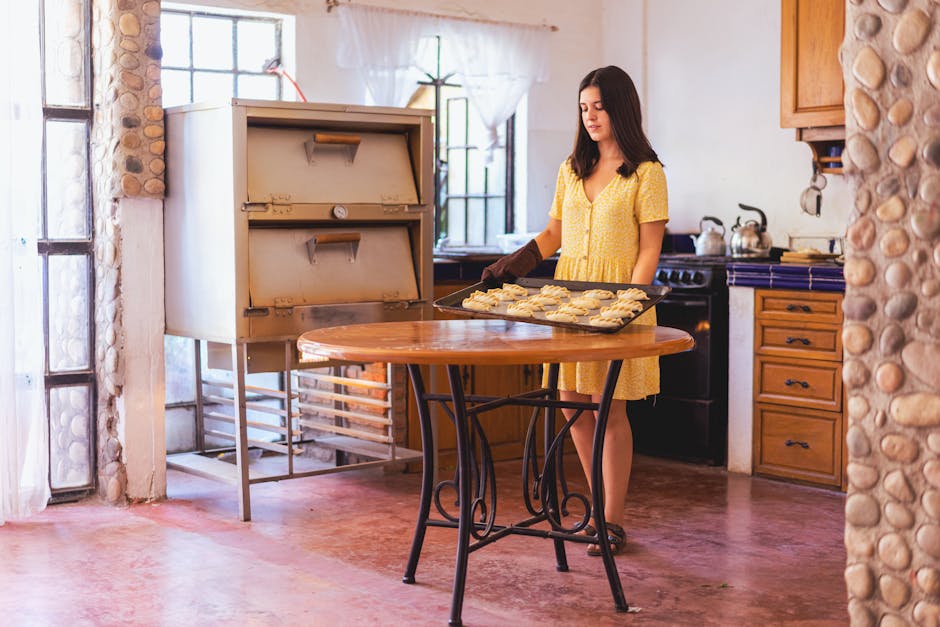Navigating the vast landscape of cooking information can feel overwhelming. A plethora of websites, books, and videos promise culinary expertise, yet discerning reliable sources from unreliable ones requires careful consideration. This article provides a structured approach to finding trustworthy resources, helping you build a robust culinary foundation.
First, consider established culinary institutions. Reputable cooking schools and organizations often publish materials reflecting years of teaching and practical experience. Websites like the Institute of Culinary Education (ICE) or the Culinary Institute of America (CIA) offer articles, recipes, and techniques vetted by professional chefs and instructors. These sources provide a high degree of credibility, often basing their content on rigorous testing and established culinary principles. Their materials frequently delve into the scientific aspects of cooking, explaining *why* certain techniques work, not just *how*. Furthermore, these institutions often have affiliated publications or online resources that offer even greater depth.
Next, leverage the experience of celebrated chefs. Many renowned chefs author cookbooks or maintain personal websites and social media accounts. While not all chefs are equal in terms of their teaching style or the reliability of their recipes, established figures with a proven track record generally provide higher-quality information. Look for authors or chefs whose work has been widely praised by critics and fellow culinary professionals. Consider their background a chef specializing in a particular cuisine (e.g., Italian, French, or molecular gastronomy) will likely offer more credible information within their area of expertise than on unrelated culinary topics. Always cross-reference information from multiple sources, especially when encountering novel or unconventional cooking methods.
Similarly, credible food publications and magazines play a crucial role. Publications like Bon Appetit, Food & Wine, and Saveur employ professional food writers and editors who rigorously test recipes before publication. These magazines often feature articles on various cooking techniques, ingredient sourcing, and culinary history, offering valuable context and enriching the reader’s understanding beyond mere recipe instructions. While recipes from magazines might sometimes require adaptation to individual preferences or equipment, the underlying methodology is usually well-researched and reliable. Pay attention to the publication’s reputation and the authors’ credentials; a long-standing reputation often indicates a commitment to accuracy and quality.
Exploring online resources demands a critical eye. While the internet offers a wealth of information, a significant portion is unreliable or even inaccurate. Prioritize websites associated with reputable organizations, chefs, or publications. Be wary of sites that heavily promote specific products or brands without providing unbiased information. Check for author credentials and look for evidence of fact-checking or peer review. A well-maintained website, with regularly updated content and a clear about-us section, is often a better indicator of reliability than a site filled with poorly formatted text and outdated information. Furthermore, actively participate in online cooking communities responsibly; engage in respectful dialogue, verify information from multiple sources, and be mindful of potential biases within a particular group.
Cookbooks, a cornerstone of culinary learning, demand careful selection. Consider the author’s credentials, the book’s publication history, and reader reviews. Cookbooks from established publishers often undergo rigorous testing and editing, resulting in higher quality recipes. Look for cookbooks with detailed explanations of techniques and clear, concise instructions. Images and illustrations can significantly enhance understanding, particularly when dealing with complex procedures or unusual ingredients. Remember, a cookbook is a tool; use multiple sources to confirm techniques and adapt recipes to your own tastes and needs.
Beyond specific resources, a methodological approach enhances your culinary journey. Always approach new recipes with a spirit of experimentation, but also with a foundation of understanding. Begin by mastering fundamental techniques before venturing into more advanced ones. Understand the role of different ingredients and how they interact with each other. Start with simpler recipes and gradually increase complexity as your skills improve. Accurate measuring, proper timing, and attention to detail are essential for consistent results. Keep a cooking journal to record your experiences, noting both successes and failures. This practice allows for continuous learning and refinement of your technique.
In conclusion, finding reliable cooking resources requires a multifaceted approach. By prioritizing established institutions, renowned chefs, credible publications, and carefully vetted online resources, and by developing a methodological approach to learning, you can build a strong foundation for culinary success. Remember that cooking is a continuous learning process, and the journey itself is just as rewarding as the final dish. Embrace experimentation, refine your techniques, and enjoy the process of discovering your own culinary voice.
